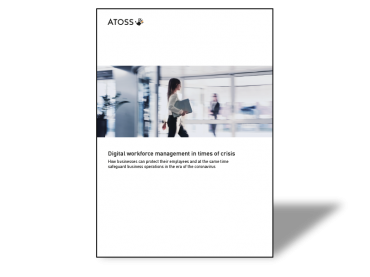Why the crisis shows us what went wrong at New Work
In a time when hundreds of thousands of employees working in healthcare, retail and logistics are doing an incredible job, not being able to choose when they want to work, where they want to work from, what they want to work or "democratizing" their work environment. But rather have to get a job done which is relevant for millions and millions of people around the globe, with a fixed agenda and at a fixed place, it becomes pretty transparent that the New Work discussion that we have been leading so far has been a "rather-relevant-primarily-for-an-elite-class-of-knowledge-workers"-discussion. So far, this has not really been about increasing flexibility for cashiers or people storing shelves - it has not been about increasing work-life-balances of nurses or medical assistants.
From a standpoint of today, the New Work discussion of the last couple of years has been a ridiculously irrelevant discussion, not focusing on things that really matter in the end - and in addition, not a very inclusive one, to be honest! But rather excluding system-critical professions, not having the luxury of asking all those questions mentioned above.
Workforce management helps to put New Work into practice
So, is there no "New Work" for these professions?
Oh, yes there is: we call it Workforce Management! It is e.g. about tools and processes that optimize shift planning, that individualize & flexibilize your daily work, that increase the work-life-balance. And not only limited to an exclusive elite - but for everyone!
Hey HR, it's time for a change! Democratize New Work! Now!!
Learn more about Workforce Management.


